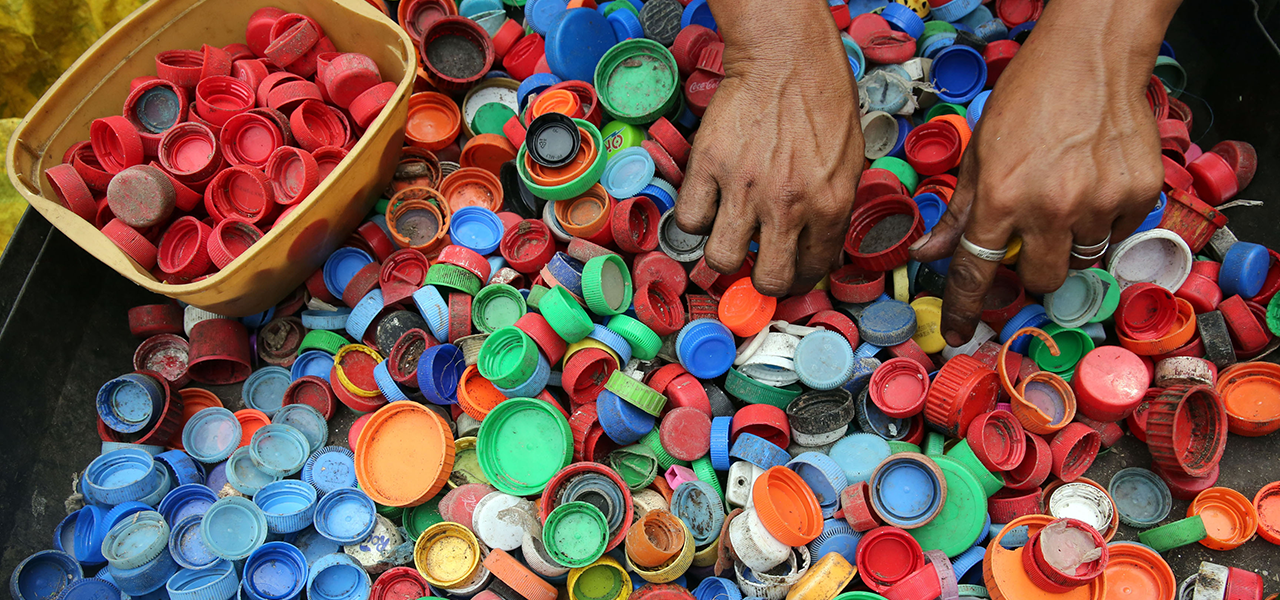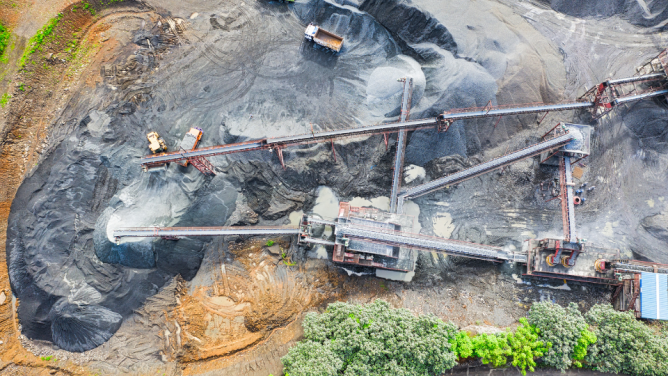 269,000 tons. That is the estimated number[1] of plastic particles floating in the world’s oceans. It’s a colossal source of pollution which struggles to spark up any concrete action. Global plastic recycling rates are at less than 20%, compared with 80% for ferrous metals and 50% for glass.
269,000 tons. That is the estimated number[1] of plastic particles floating in the world’s oceans. It’s a colossal source of pollution which struggles to spark up any concrete action. Global plastic recycling rates are at less than 20%, compared with 80% for ferrous metals and 50% for glass.
However, those in the environmental solutions sector see this as the perfect opportunity to react. According to Veolia, the plastics recycling industry was valued at $31.5 billion in 2015, and is expected to reach $56.8 billion in 2025.[2] So is it about time we came up with the idea of “plastic neutrality”, just like how carbon neutrality already exists? Two companies from the southern hemisphere seem to think so, and they have come up with small-scale ways to tackle the problem.
Plastic Collective is an Australian social enterprise who has launched a “Plastic Neutral” certification program, which is designed for organizations who want to commit to more environmentally friendly plastic manufacturing methods. Companies contribute funds to Plastic Collective, who in turn invest in waste management initiatives. At the center of their scheme is The Shruder, a machine that was designed to shred and recycle plastics. For $19,200, this relatively light machine (95kg) can transform recycled plastic into reusable extrusion cord or filament, making it ideal for remote islands in the Pacific that are particularly affected by this type of pollution.
The second company making a commitment towards plastic neutrality is a surfboard manufacturer in Bangkok. In October 2017 during the Plasticity forum in Sydney, Starboard launched a program to help businesses identify their plastic footprint. The Plastic Offset Program (POP) assigns an environmental value to plastics used in production according to their duration of use, toxicity and creation of waste. The scheme puts a price on the excessive use of plastics, while also encouraging business to use less plastics or use more recycled materials.
[1] http://journals.plos.org/plosone/article?id=10.1371/journal.pone.0111913
[2] https://fr.reuters.com/article/businessNews/idFRKBN1CA1E9-OFRBS

